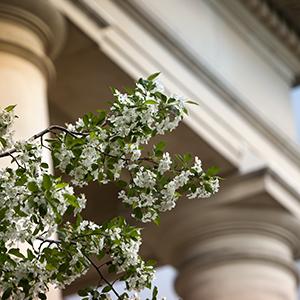Clay subsoil at Earth’s driest place may signal life on Mars
Earth’s most arid desert may hold a key to finding life on Mars. Diverse microbes discovered in the clay-rich, shallow soil layers in Chile’s dry Atacama Desert suggest that similar deposits below the Martian surface may contain microorganisms, which could be easily found by future rover missions or landing craft.
